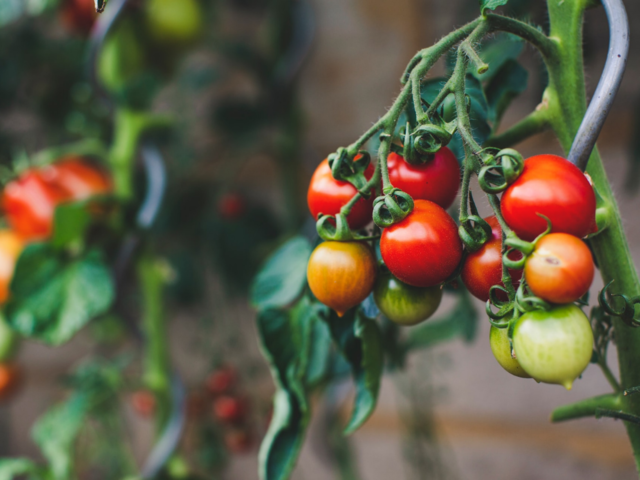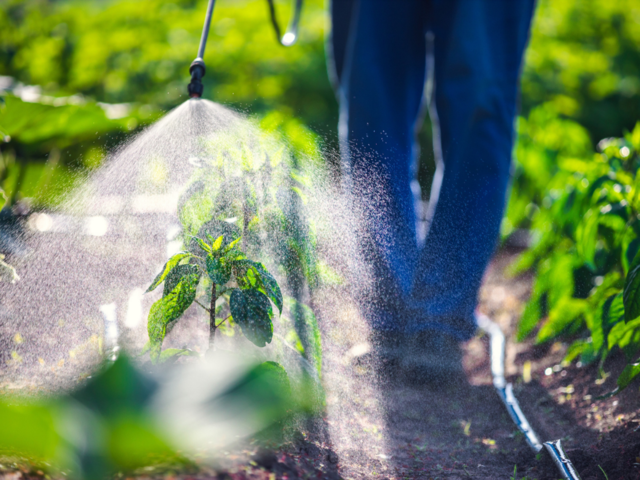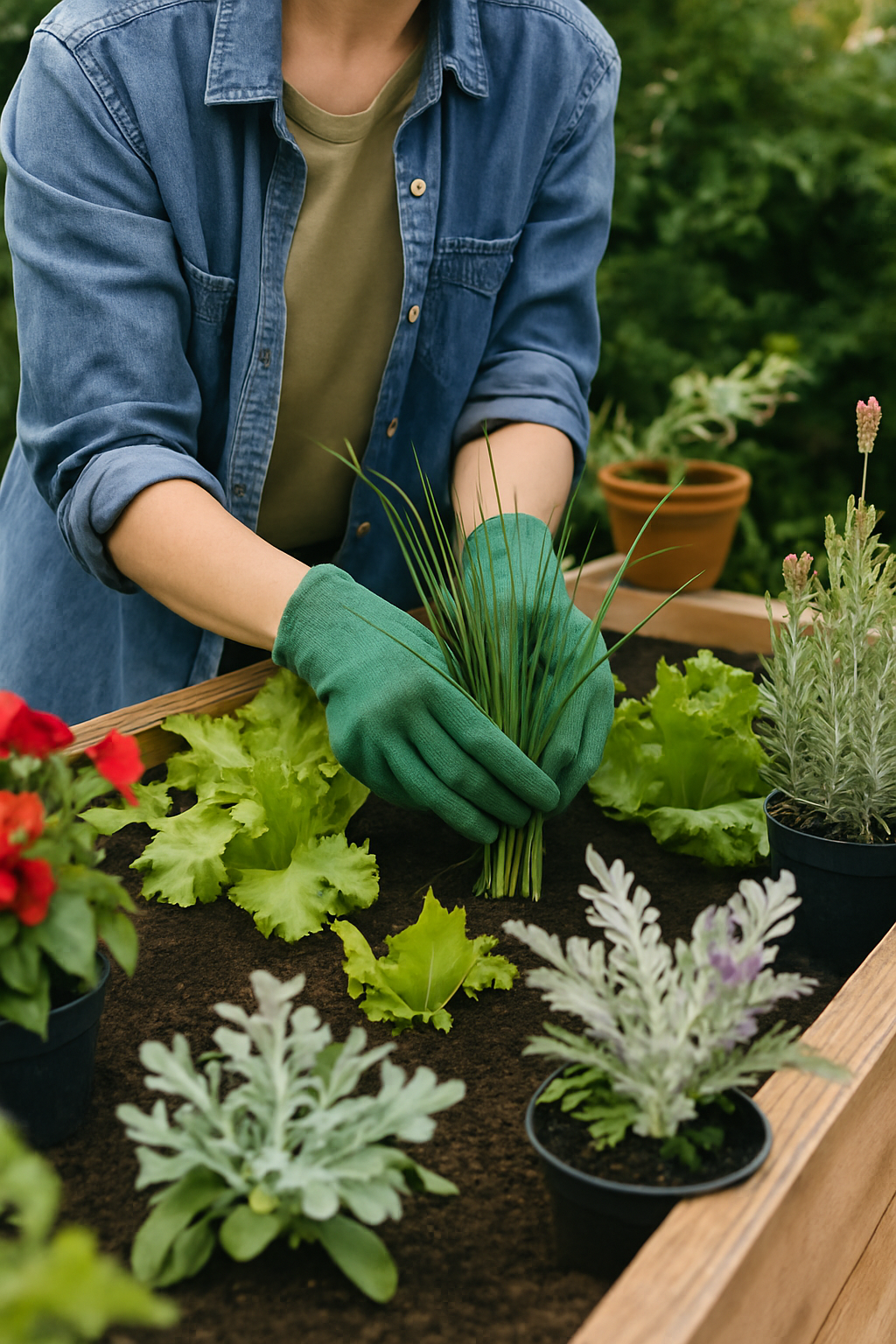Is it true that organic pest control does not work well in the garden? It can be heartbreaking to see holes—big and small—chewed from the plants and crops you have been growing and tending. Thinking about the lengths of time and extensive efforts invested in cultivating your garden, flashes of probable suspects come to mind.
How do you get rid of these harmful hinged-legged creatures, creepy crawlers, and worm-like predators from your precious plants? The immediate reaction is to attack, but it is wiser to find out what the culprit is first for successful action. Once you see evidence, take steps to protect your plants. Most people resort to using pesticides. The main question nowadays is whether it is more effective to use synthetic or organic ones.

Image credit: Unsplash.
Synthetic vs. organic pesticides
All pesticides are toxic to some degree - regardless of whether these are organic or not. Hence, it is always best to use it in moderation. Many gardeners prefer synthetic pesticides for their immediate results. However, these chemically loaded substances are related to unfavourable health effects and medical conditions associated with the respiratory and cardiovascular systems.
Hence, it is safer to use organic pesticides since these pose less harm to humans and pets. Plus, ingredients are natural with little or no chemical alteration. Aside from being environment-friendly and good for the soil, you can make these at home! Homemade organic pesticides are easy to make and are cheaper since ingredients are natural wonders that can be lying around your home kitchen!

Image credit: iStock.
Organic pesticides
Popular organic pesticides can be in the form of sprays made from onion, garlic, salt, vinegar, and black pepper. You can also use corn gluten, pyrethrum, and lime sulfur.
Other sprays are derived from essential plants and citrus oils such as neem leaf and eucalyptus. These ingredients are deterrent to pests mainly because of their bitter taste and/or strong odour. In the case of salt spray, it increases the magnesium absorption of plants. It also serves as a source of phosphorus and sulfur, which respectively helps in photosynthesis and promotes the formation of plant proteins.
However, rather than taking aggressive action towards pests, it might be better to focus on defence since sparking a war may bring more harm than good to your plants. You can also try the following organic techniques to protect your plants from harmful organisms.
1. Crop Rotation
Confuse pests by playing hide-and-seek with them. With regular crop rotation, they will have a hard time remembering the location of their target plant.
2. Biopesticides
It may seem a little ironic to invite other organisms to your garden, but some predators are plant-friendly and can ward off harmful ones. Examples of these are lizards, toads, ladybugs, praying mantises, and bees. Dragonflies, hoverflies, and lacewings are protective, too. Other biopesticides include microbes such as fungus and bacteria, which can control weed accumulation and insect infestation. Pro tip: be cautious of synthetic pesticides since they can kill organisms—harmful or not. You will not want to lose the good ones!
3. Traps and Barriers
You can also utilize traps and barriers of various forms. Sticky traps are rigid materials coated with an adhesive substance. The best way to maximize its use is to cover it with a particular colour, which is an excellent technique in catching insects that are attracted to that colour. These are highly effective in ridding of aphids and whiteflies.
Floating row covers, on the other hand, are the translucent polyester fabric that can be draped directly over a bed of plants. Despite being a covering, it allows a sufficient amount of sunlight and water. It is successful in sheltering plants from insects—such as beetles, cabbage moths, aphids, and other bugs—as well as other animals such as worms, birds, and squirrels. Since floating row covers are lightweight, plants shielded can increase in height without getting destroyed.

Image credit: Unsplash.
If the pests on your grounds go out of hand, you can read Watchdog Pest Control professional advice and pest control assistance.
Read more about garden design.
If you are interested in starting your own business or designing your own garden, have a look at our courses and how we can help you succeed!
This is a guest post and the opinions expressed by the guest writer are his alone and do not necessarily reflect the opinions of the Academy. We bear no responsibility for the accuracy of any of the information supplied by the guest writer. The links included here are provided as a convenience and for informational purposes only. We bear no responsibility for the accuracy, legality, or content of any external site or any content on subsequent websites, nor does the inclusion of these links constitute our endorsement or approval of any products, services, or opinions stated.

